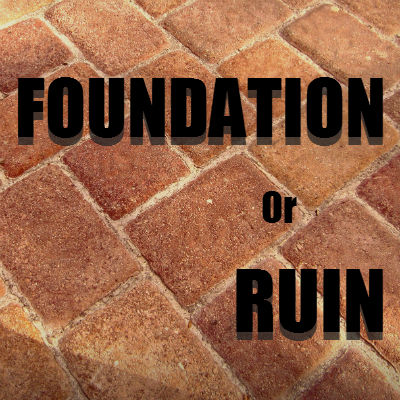Jesus The Friend of Sinners
We everything that is going on in our world today, wars, hate, discrimination, etc. It’s evident more and more that our world needs Jesus, his touch, his love and compassion in order for it to eliminate hate and animosity from our midst. Think about it, if we treated each other the Jesus way this world would be better. People who came in contact with Jesus were never the same; their lives were transformed. We need transformation in our lives, but we are seeking in the wrong places.













